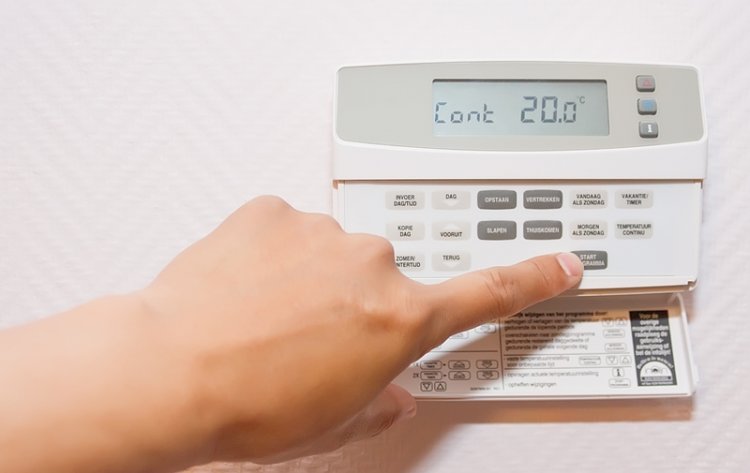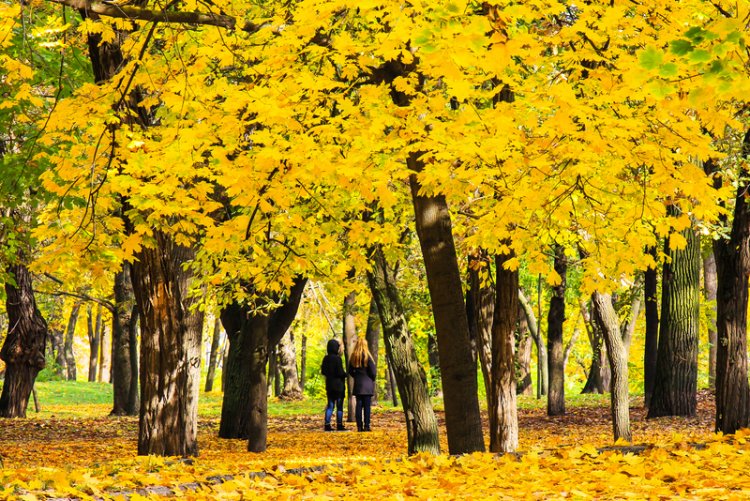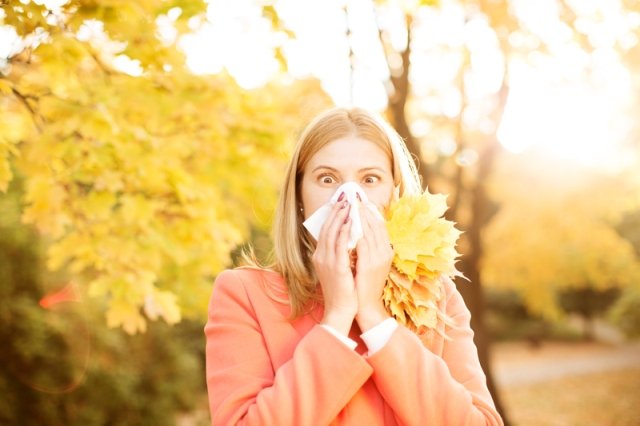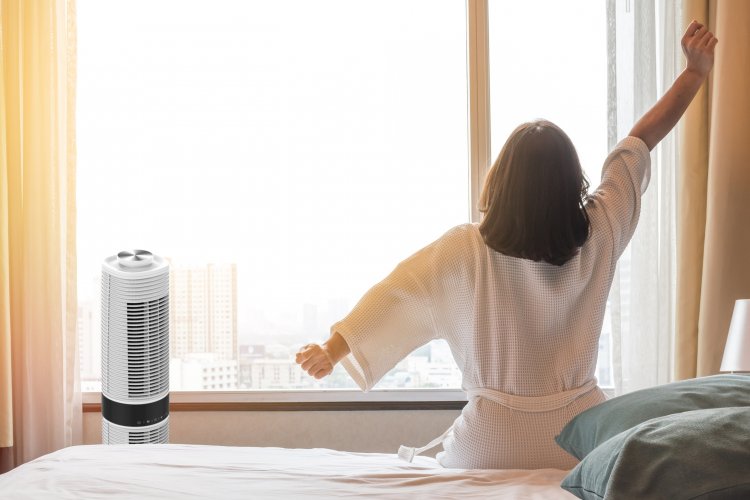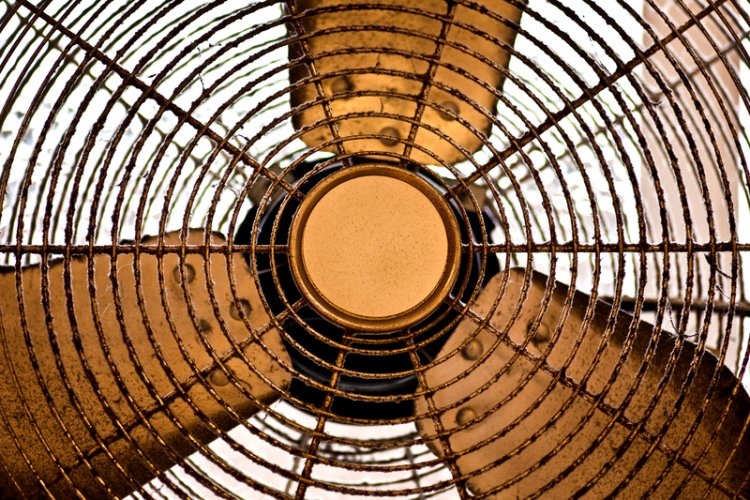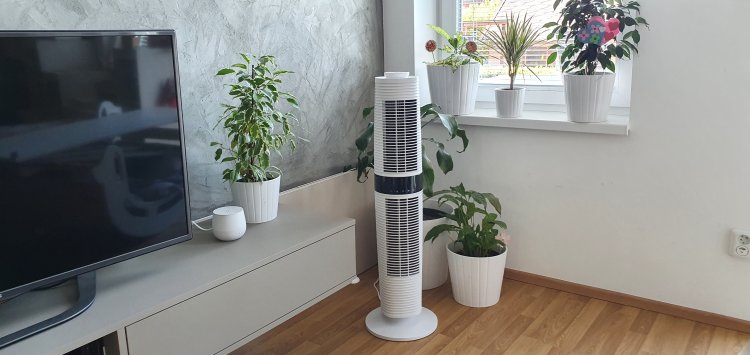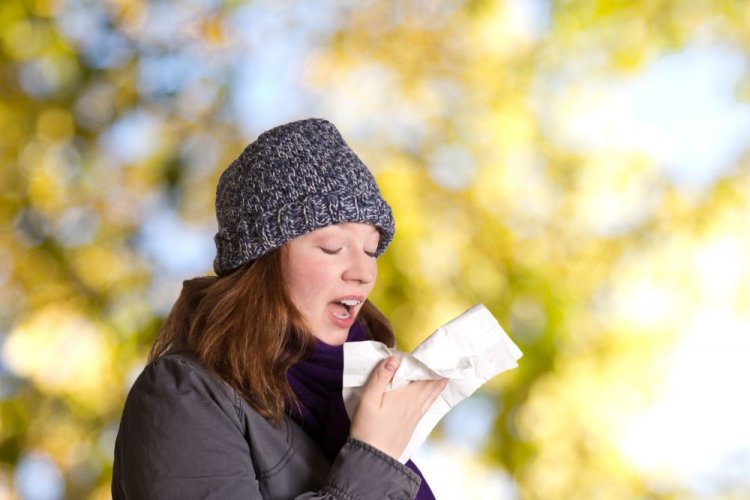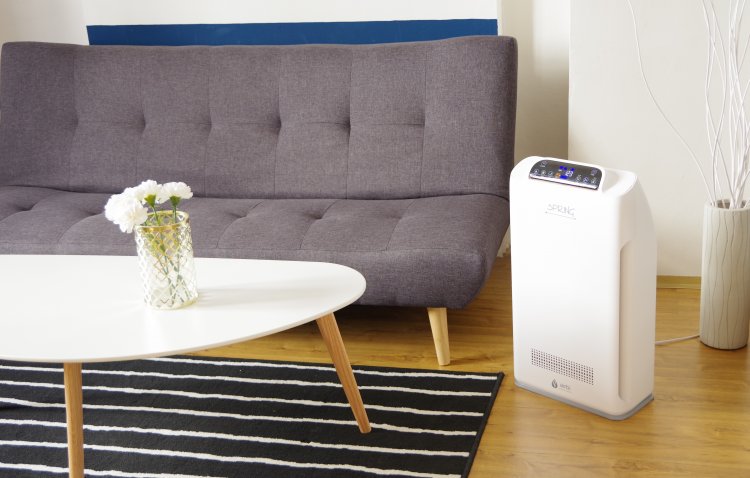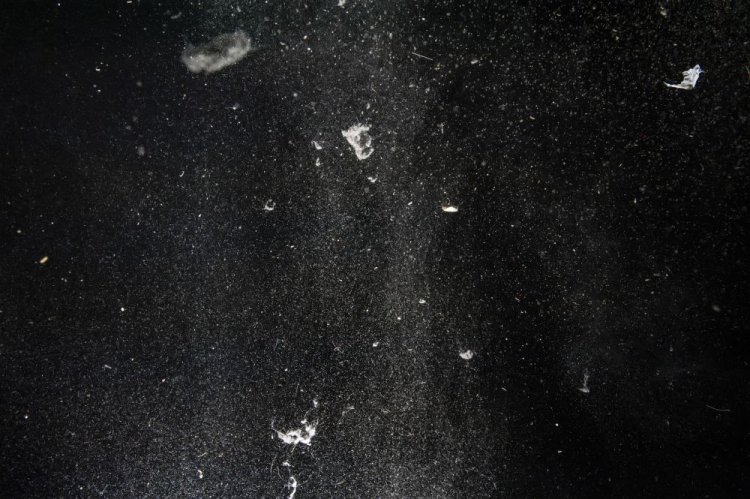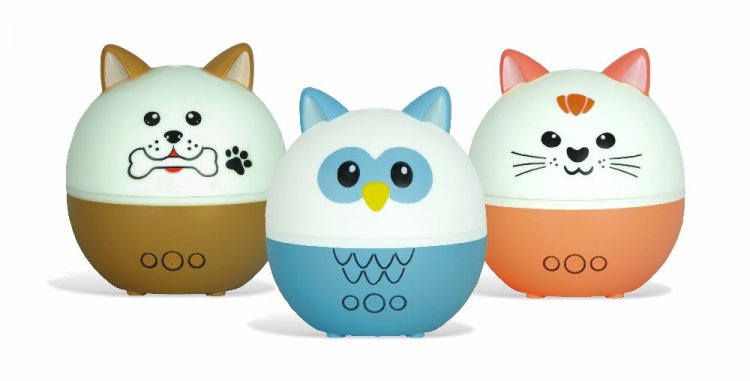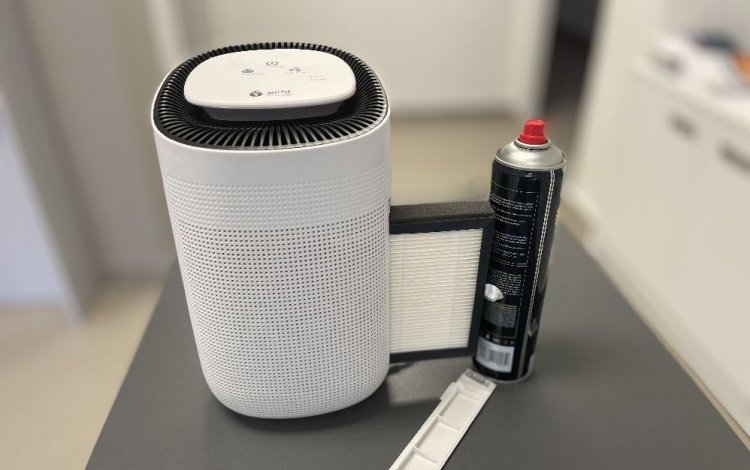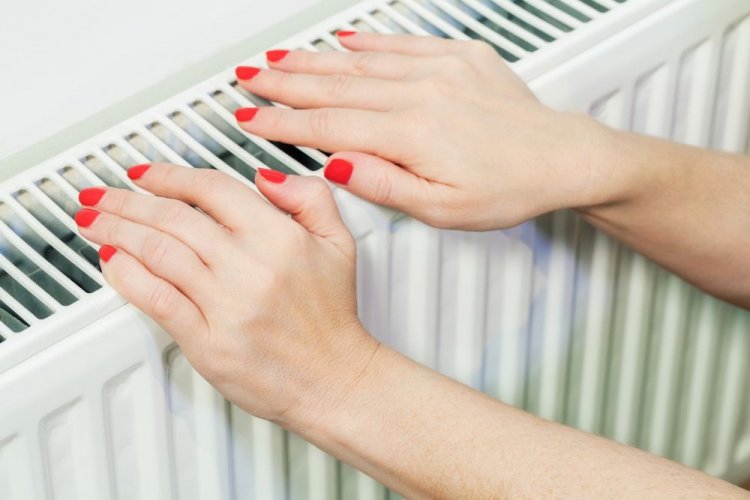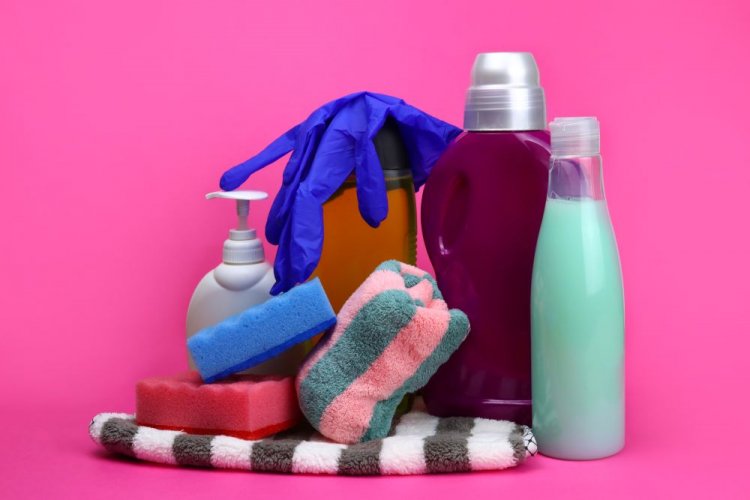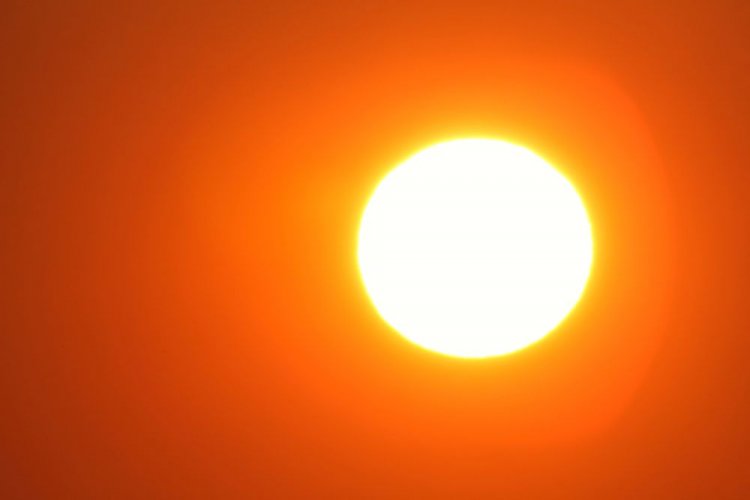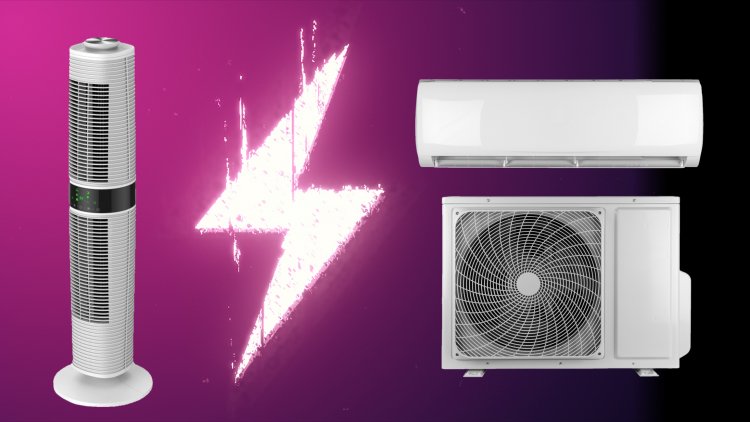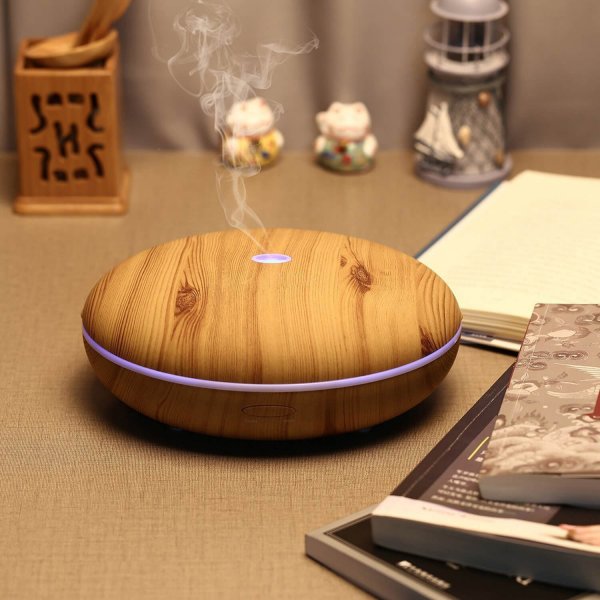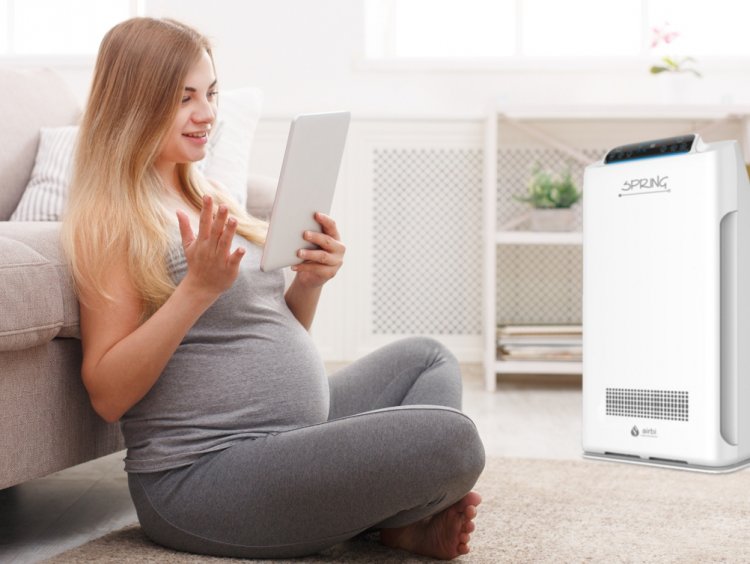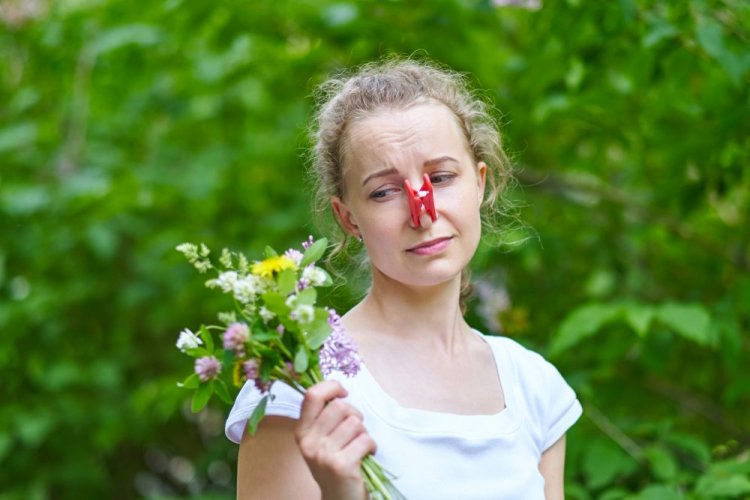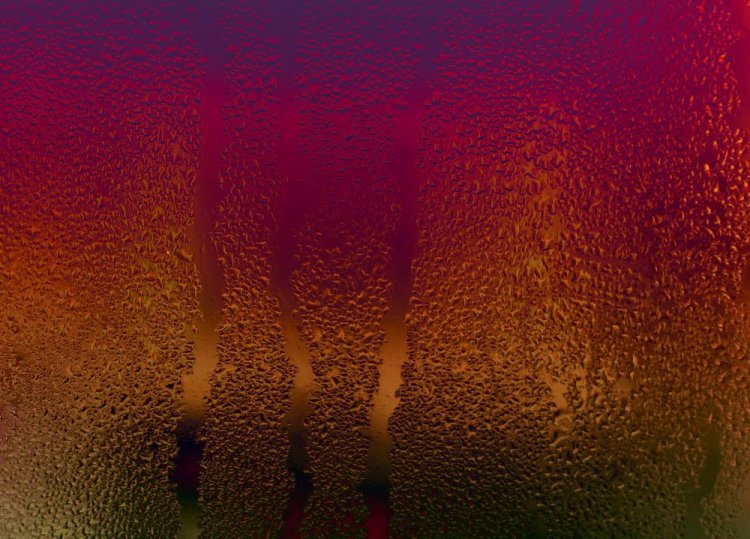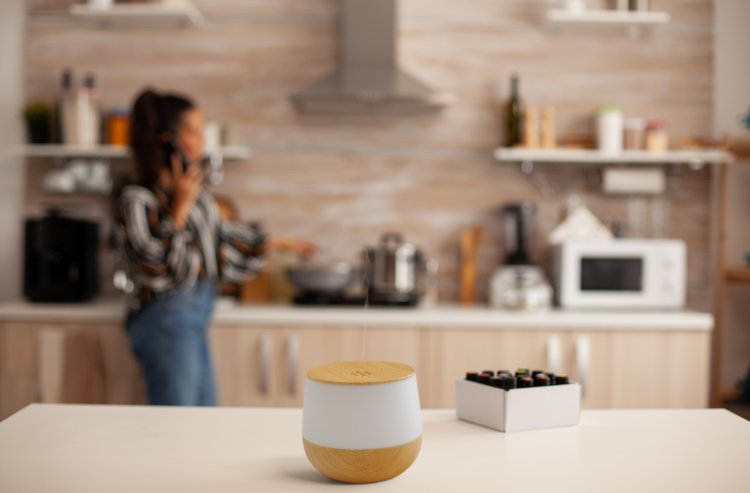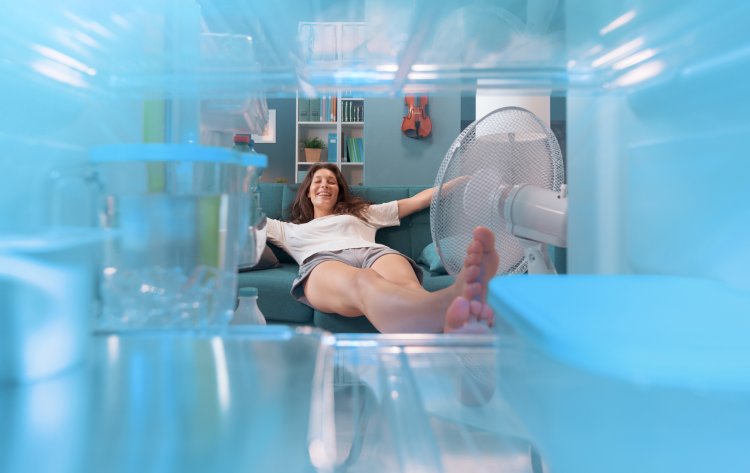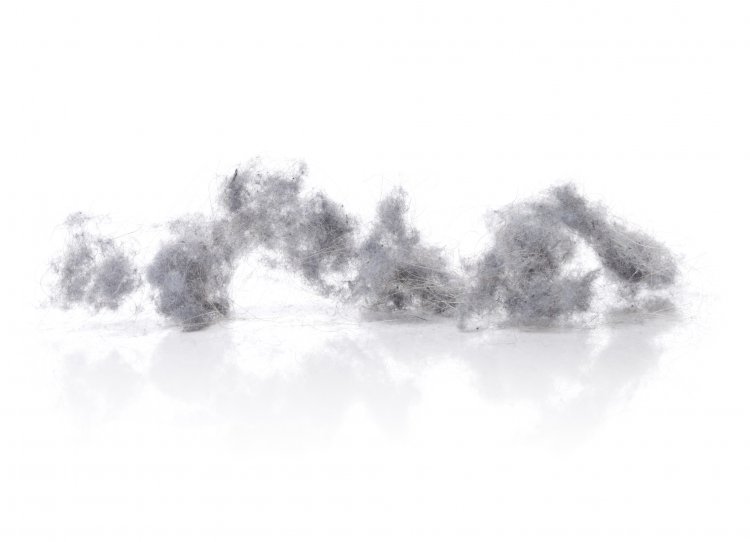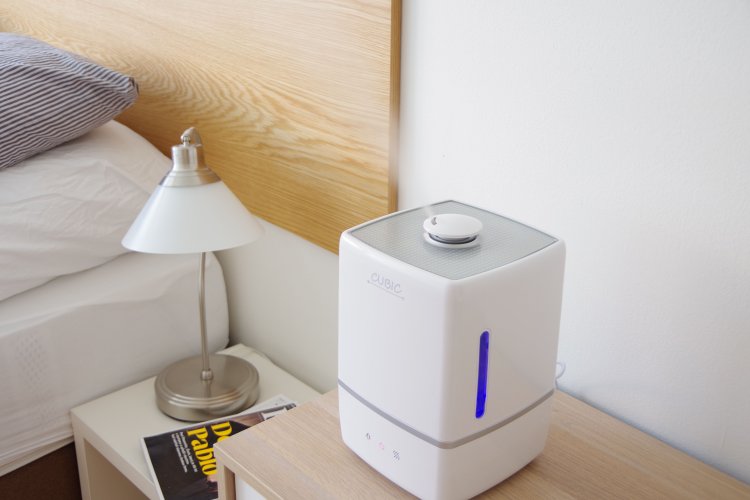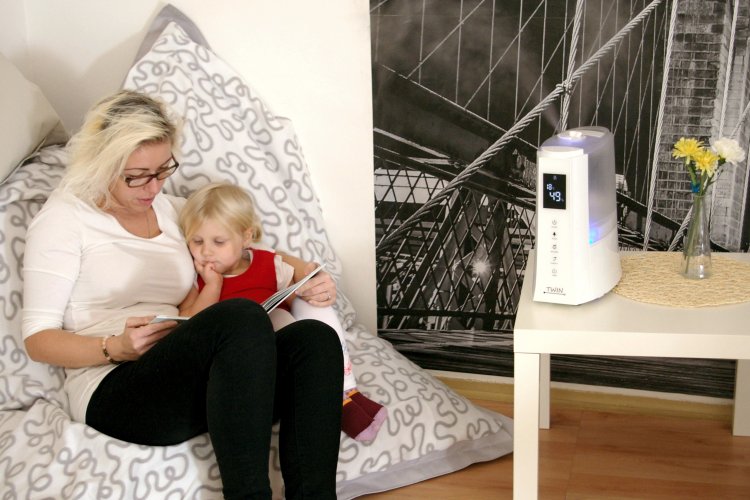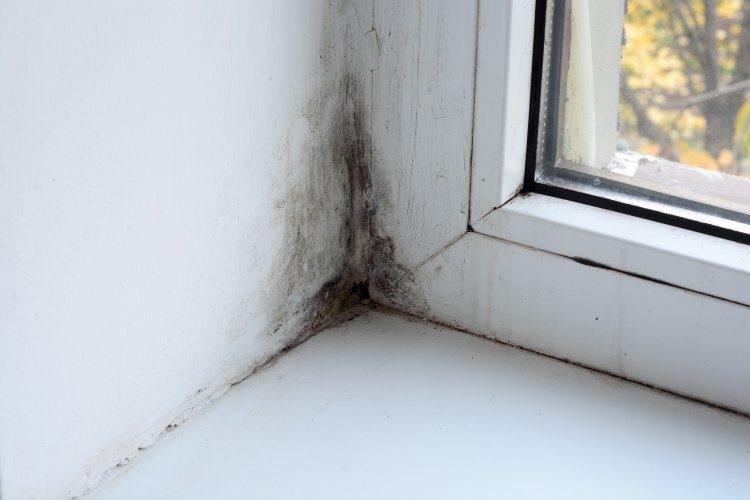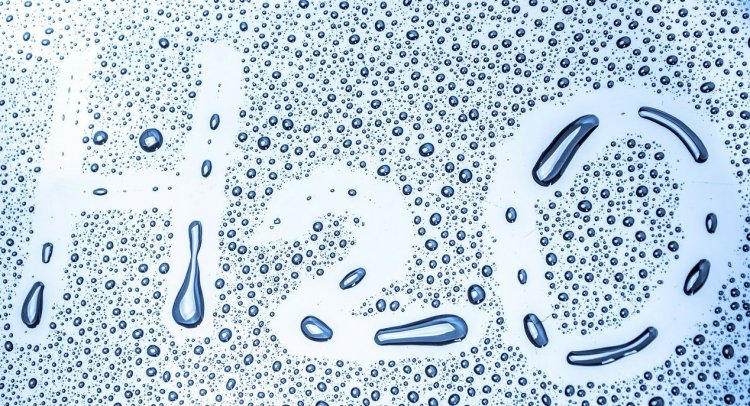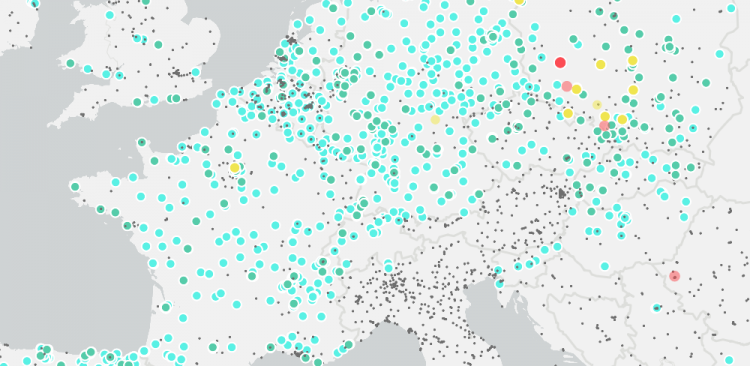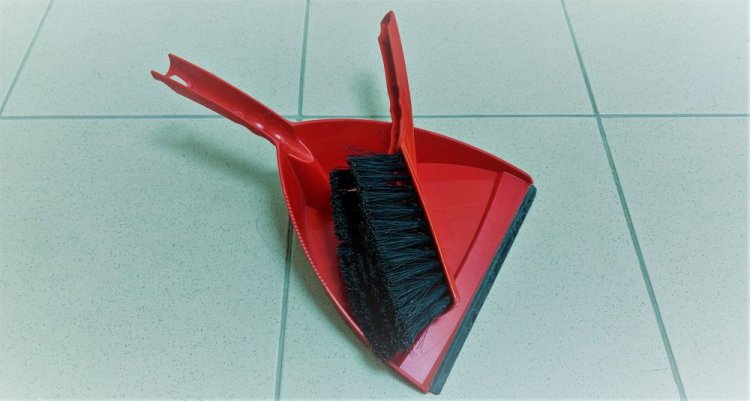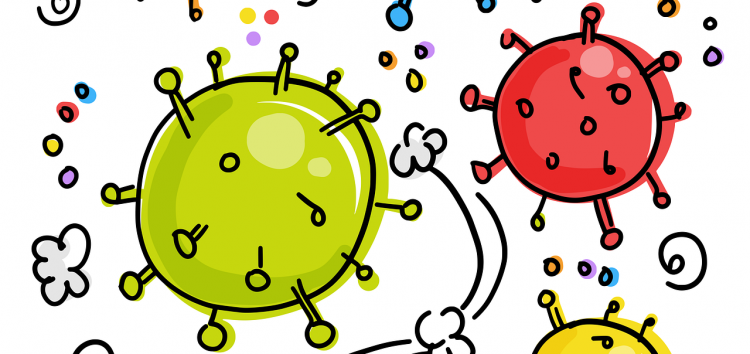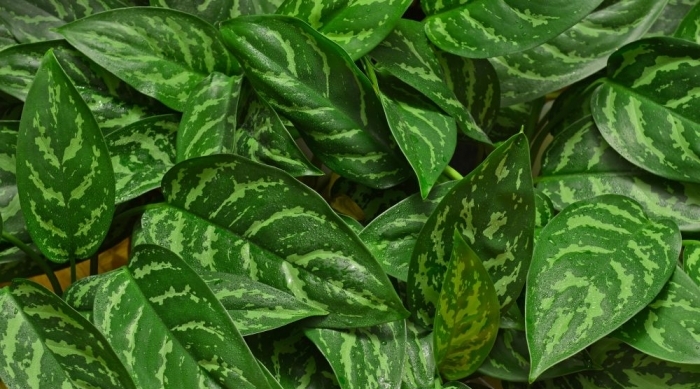

4 advantages (and 1 disadvantage) of desiccant dehumidifiers
Feb 20, 2025High humidity can be unpleasant. If you're choosing a dehumidifier, this brief overview of the advantages and disadvantages...
Some houseplants are said to have a fantastic ability to clean the air of pollutants. But how strong is their ability? Do they match the performance of air purifiers? We decided to dissect the topic a bit so that we could confirm or refute this mythical ability once and for all.
We usually think of plants mainly as beautiful accessories of our home, which bring to it by a piece of nature from the outside, and whose company is very pleasant to look at. Plants can supposedly also be useful for our health due to their ability to clean the air. But is it really true?
Plants affect the quality of the environment in several ways. They humidify the air, convert carbon dioxide into oxygen ... but cleaning the air from dirt is a little trickier in rooms. To better understand the whole situation, we need to go back in time. At the beginning is a scientific study by the US space agency NASA from the late 80s of the last century, which became the basis of the thesis on the cleaning ability of plants. The study sought to solve the problem of how to remove volatile organic compounds (VOC) from hermetically sealed objects (laboratories, spaceships, etc.), a type of air pollutant that, unlike solid particles, was not possible to remove from the air using filters. Today we already know that VOC will reliably remove the activated carbon filter from the air, but it did not exist at that time. The study thus concluded that in small airtight spaces, plants actually capture VOCs relatively effectively.
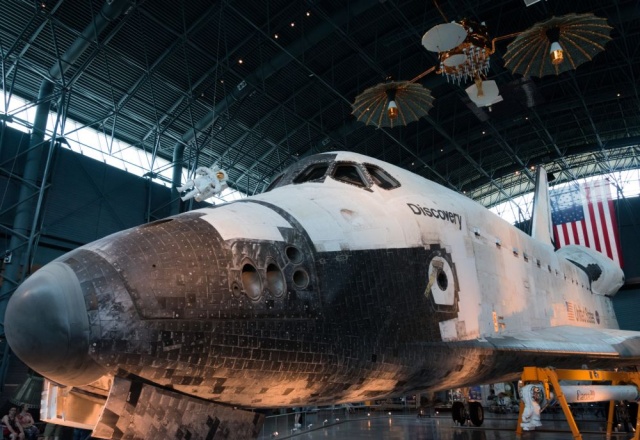
Airtight space shuttle NASA Discovery
Great, so the plants work similarly to a purifier everywhere? Unfortunately, no. The home is not an airtight enclosed space - it has windows, doors and loopholes through which air flows in and out. This allows a lot more dirt to get inside and their amount is constantly increasing. Plants in normal numbers are no longer able to capture such a volume of impurities, which is confirmed by other scientific tests and studies. For example, according to Michael Waring, a professor of architectural and environmental engineering at Drexel University in Philadelphia, you would have to place about 1,000 plants in a 3 x 3 meter office to achieve the same level of air purification as conventional office air conditioning. And we still talk only about volatile organic compounds, plants deal with other impurities disproportionately worse or not at all.
If you overdo it with plants indoors, the air quality will rather decrease. We have already mentioned that plants humidify the air. So if you place too many of them in a small space, the humidity of the air will rise dramatically and with it the risk of mold on the walls, which is very dangerous to health. At the same time, plants can be a source of allergens, because in addition to pollen, they also attract various microorganisms and allergens, and last but not least, annoying insects. In addition, the rooms in the bedroom can cause problems, because at night they change their rhythm and instead of carbon dioxide they start breathing much-needed oxygen for us.
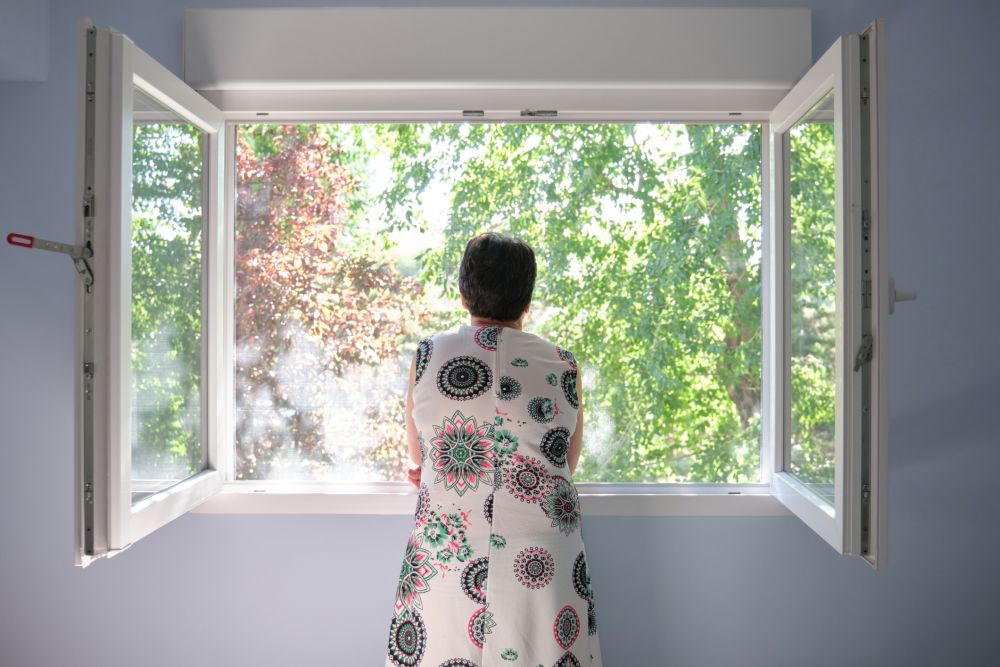
Proper ventilation is very important
As follows from the previous text, in normal numbers the plants in our interior have virtually no effect on the cleanliness of the air. This is also confirmed by Stanley Kays, Professor Emeritus of Horticulture at the University of Georgia. According to him, regular and tho rough ventilation has a much greater effect, when the "exhaled" air from the room is exchanged for a fresh supply from the outside.
But if you want to be sure that in your home air does not fly dangerous bacteria, fungi and mites, viruses, or even organic and chemical compounds, the only solution is to choose a quality and reliable air purifier with a combination of HEPA filter and activated carbon filter, which your protect the lungs from these impurities. And you can put it next to your favorite ficus, for example. Plus, you can say you have better technology at home than NASA had 30 years ago, and that's kind of cool, isn't it? :)
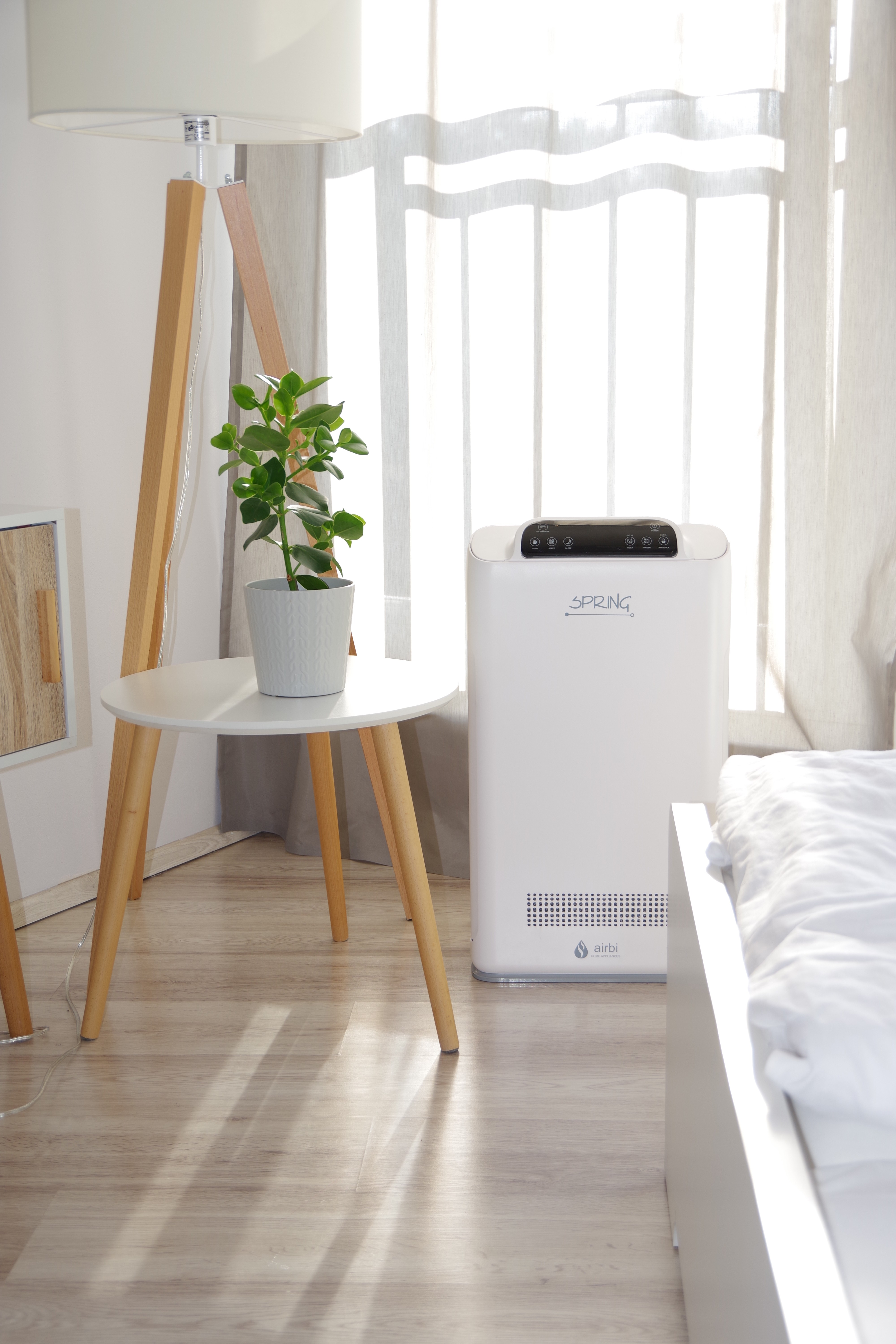
Smart air purifier Airbi SPRING




